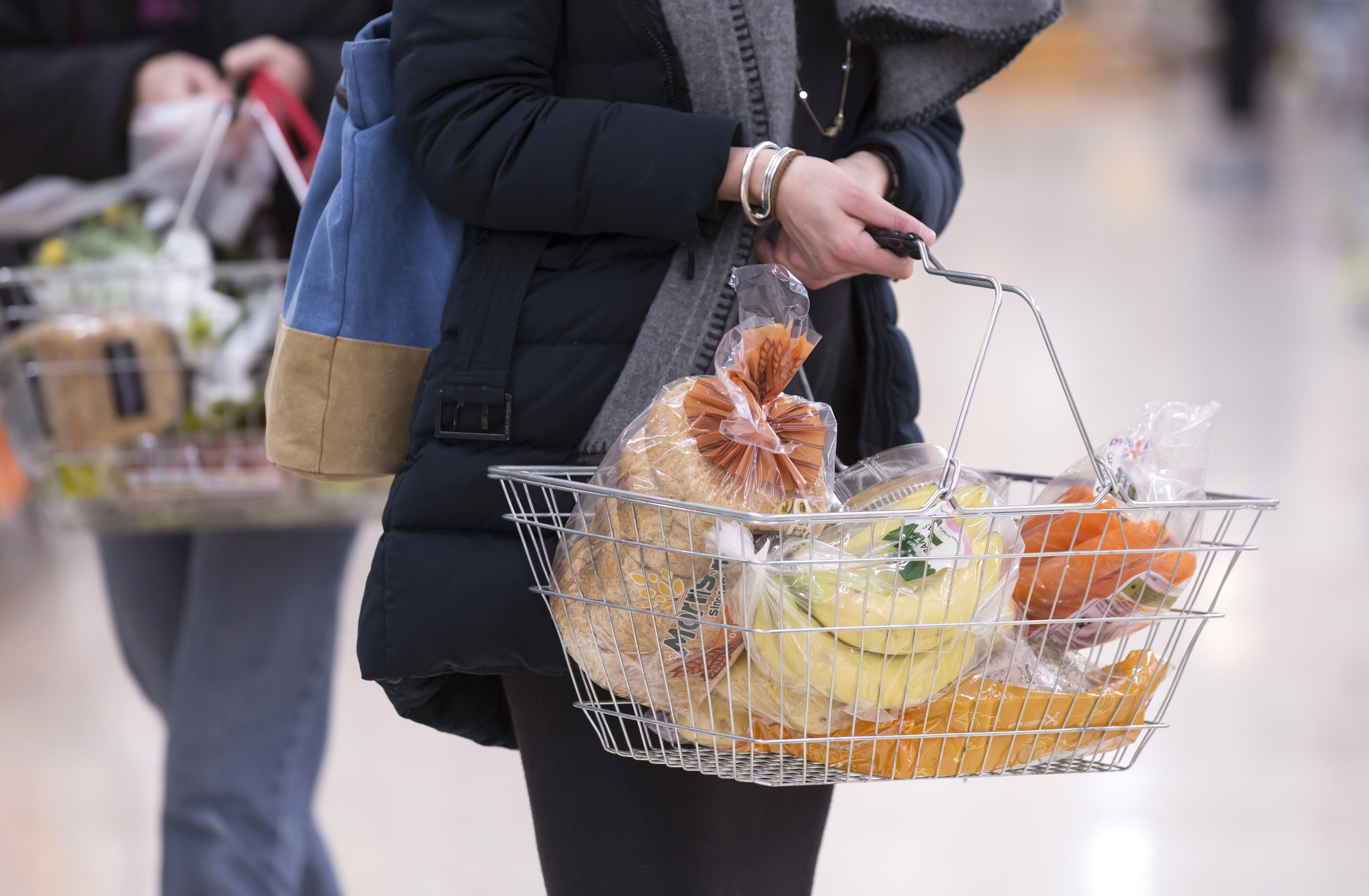Supermarkets are creating up to 200,000 tonnes of food waste, research says
The amount of food wasted is a ‘scandal’, charity campaigner says

New research has found that 200,000 tonnes of food waste is produced by supermarkets, due to restrictions on where products can be donated.
The research, ran by sustainability group Anthesis, has found that the food waste normally goes towards feeding animals, even though it’s perfectly suitable for human consumption.
Anthesis also found that own-brand supermarket products make up more than 72 per cent of edible surplus food in their supply chains – a huge proportion of it not being allocated to those who may need it most.
As the price of living in the UK increases to unprecedented levels in the wake of the economic impact of the pandemic, ensuring that families and those in need are fed has never been more important.
Recycling body Wrap issued guidance advising supermarkets to change their rules to ensure own-brand products can be redistributed more effectively, but only a couple have taken action thus far.
Small charities who work to feed hungry people are protesting the current rules around supermarket own-brand products and what can be done with them if they’re not sold.
“Retailers hold the cards – unless they say yes to manufacturers, they just can’t give [the food] out,” Mark Game, chief executive of food redistribution charity The Bread and Butter Thing, told The Guardian.
“Demand constantly outstrips supply and we are having to let people down, and if we had this food we could do more.”
Friends of the Earth campaigner Clare Oxborrow said it’s a “scandal” that so much edible food is “wasted rather than going to people in need”.
Oxborrow told The Independent: “Collaboration between supermarkets is urgently needed to ensure surplus food is sent to charities that can distribute it locally.
“Supermarkets must also do much more to prevent so much unwanted food being produced in the first place. Too much food is grown or made without ever being eaten, with all the wasted resources that entails from energy and water to labour.”
As well as the impact on those who need the food, Oxborrow says that the impact of food waste on the planet at large is “enormous”.
“If the amount of food wasted globally was a country, it would be the third highest emitter of climate-wrecking greenhouse gasses,” she says.
“Feeding people with unwanted food should only be a short-term measure. We should be striving to ensure that people across the UK can afford the food they need.”
Join our commenting forum
Join thought-provoking conversations, follow other Independent readers and see their replies
Comments
Bookmark popover
Removed from bookmarks